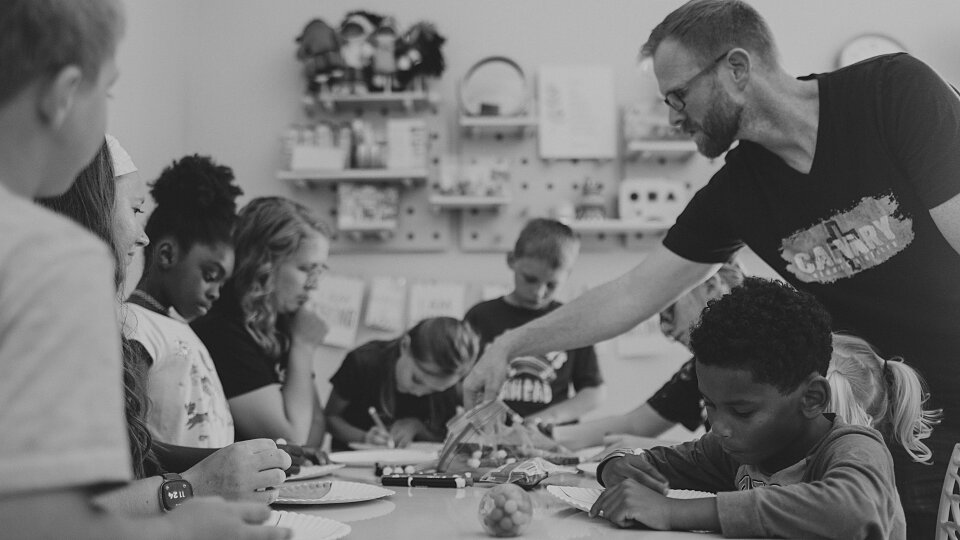Trauma-informed Strategies to Prepare for the New School Year
It's no secret that trauma can significantly impact the brain, especially when children experience ongoing traumatic events between ages 0-4. This can greatly affect their learning, creating challenges for both kids and their caregivers.
As a child having experienced foster care and ongoing trauma, along with my background in education and classroom experience as an adult, I want to share some tips, ideas, and conversation starters to help you prepare your kids for the transition back to school.
First and foremost, it’s important to understand that your child’s teacher doesn’t need to know every detail of their trauma to support them effectively in the classroom.
You might wonder: "How do I communicate my child’s needs without oversharing their story?"
Consider a conversation like this:
You could say to your child’s teacher: “Tina has food insecurity due to past trauma. I send her with extra snacks, and she will need reassurance (and your support) to ensure that nobody will take them.”
This lets the teacher know that Tina has food insecurity and may have emotional responses during snack time, lunch, or food-related discussions. The teacher doesn't need to know the specifics of Tina's past experiences with food.
Another example:
“Tina has experienced verbal abuse and unkind words from adults. She may not respond well to raised voices—not because she’s ignoring you, but because she might be afraid. While I understand there are times you may need to raise your voice (e.g., fire drills or to get the class’ attention), Tina will need reassurance that it’s not in anger and she did nothing wrong.”
The teacher doesn't need to know the exact details of Tina’s verbal abuse but does need to know that raised voices can trigger her.
The key is to identify the trauma, explain what you do at home to support your child (that could be feasible in the classroom), outline what the teacher can expect, and suggest how the teacher can support your child in specific situations. Remember, teachers manage classrooms full of students from diverse backgrounds, which is a considerable emotional and mental load.
Ask how you can support the teacher as they support your child.
- Could you provide extra healthy snacks (considering allergies) for the class?
- Supply sensory toys for a calm corner?
- Bring extra cleaning supplies?
- Volunteer?
- Help with tasks like cutting out laminated projects?
Always offer the teacher gratitude and the benefit of the doubt as they work to support your child. If conflicts arise, aim to resolve them directly with the teacher first to build a trusting relationship.
Keep in mind, that your child may not show their struggles immediately in a new environment until they feel comfortable. Consider speaking with the school counselor, who can offer support through check-ins and assist the teacher as well. Remember, your child interacts with more than just their teacher. Get to know the names and roles of all those who work with your child.
If you're seeking practical resources, I've prepared handouts to support you in getting your kids ready for the upcoming school year. You can find them here: https://www.experiencecareconsulting.com/category/all-products. Additionally, I offer virtual 1:1 consulting services for individuals working with children who have experienced adoption or foster care, including parents, respite care providers, and nonprofit staff.
And of course, you can reach out to the team at Foster Village. Their Caregiver Support Team is ready and available to walk alongside you and your family as you navigate the back-to-school season and beyond.


